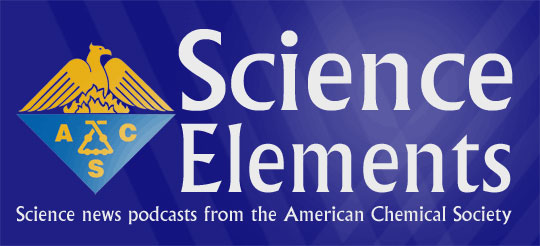| |||||||||||
|

Molecular scissorsEmbargoed: Sunday, March 25, 9:30 a.m., Central Time In the world of molecules, itís amazing how small scientists can make things. For example, at the national meeting of the American Chemical Society in Chicago, researchers from Japan reported theyíve developed molecular-scale scissors that measure just three nanometers in length. To help put that in prospective, the head of a pin, by comparison, is absolutely gigantic Ö about 1 million nanometers wide. But the neat thing about these tiny three-nanometer scissors isnít just their size Ö itís the fact that they open and close in response to light. And thatís a first, according to the scientists. Researchers are enthusiastic about the development because they say it provides them with a simple way to manipulate genes and other molecules. Iím Marvin Coyner in Washington for the American Chemical Society Ė improving peopleís lives through the transforming power of chemistry. |
|||||||||||||||||
All Rights Reserved. Terms of Use | Privacy Policy | Feedback | Au sujet de la ACS | Acerca de la ACS |
||||||||||||||||||





